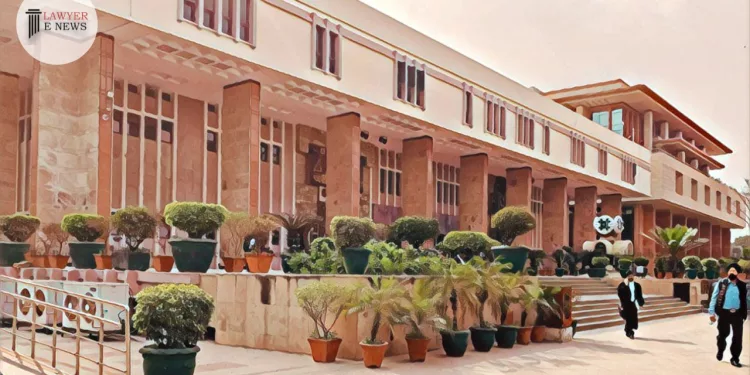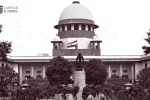Burden to Prove Guilt Beyond Reasonable Doubt Lies on Prosecution: Delhi High Court Grants Bail in Infant Death Case

The Delhi High Court, in a recent judgment, underscored the fundamental principle of criminal jurisprudence that the prosecution must establish the guilt of the accused beyond reasonable doubt. The court emphasized this while granting bail to Ravi Rai, accused under Section 302 of the IPC for the alleged murder of his four-month-old child. The application of Section 106 of the Evidence Act and its interplay with the prosecution’s burden of proof formed a critical aspect of this decision.
Facts and Issues: Ravi Rai was charged under Section 302 IPC for allegedly causing the death of his infant child during a domestic quarrel. The key witnesses, including Rai’s wife (the complainant) and their landlord, turned hostile, not supporting the prosecution’s case. This raised issues regarding the adequacy of evidence against Rai and the applicability of Section 106 of the Evidence Act, concerning the burden of proving facts within special knowledge.
Court Assessment:
Burden of Proof: The court, referencing judgments like “Sucha Singh vs. State of Punjab” and “Vikramjit Singh v. State of Punjab”, highlighted that the burden of proof initially rests entirely on the prosecution and shifts to the accused only after establishing guilt beyond reasonable doubt. The prosecution’s inability to prove its case weakened its position.
Hostile Witnesses: The turning hostile of crucial witnesses, including the complainant, significantly impacted the prosecution’s case. The court observed that the trial court would assess the evidentiary value of these testimonies.
Section 106, Evidence Act: The court clarified that Section 106 does not shift the burden of proof to the accused during the initial stages of a trial. It applies when the prosecution has established a prima facie case.
Granting of Bail: Considering the hostile witnesses, lack of strong evidence against Rai, and the prolonged period already spent in custody, the court found it reasonable to grant bail, imposing specific conditions to mitigate risks.
Decision: The court granted bail to Ravi Rai, subject to conditions including a personal bond, restriction on travel, and directives to not influence witnesses or indulge in criminal activities.
Date of Decision: April 8, 2024
Ravi Rai Vs. State (Govt. Of NCT of Delhi)






